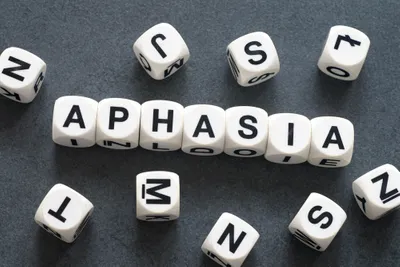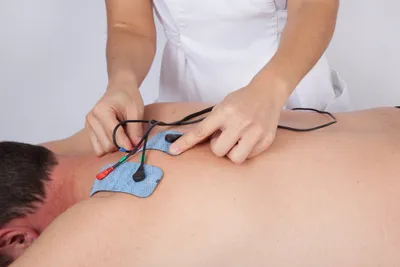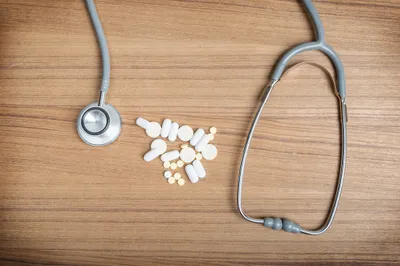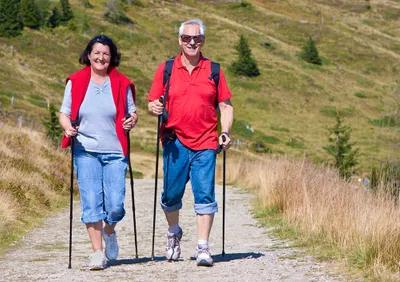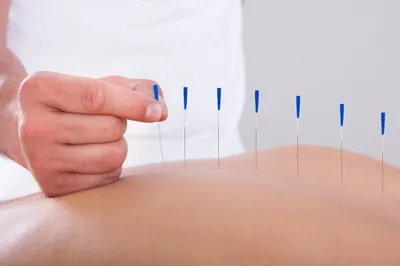A stroke can be devastating, but luckily in many cases the patient makes a full recovery. However, that process can take awhile – in fact in some cases, in can be a lifetime of getting better.
However, if you’ve had a stroke, you should have realistic expectations, and knowing more can help you rebound faster. You will also likely encounter post-stroke issues that you can learn to work through with your health care team. Here are six things to expect after suffering a stroke and how they are addressed…
1. Aphasia Therapy
Aphasia may improve on its own, or you could be referred to a speech therapist. Medscape.com explains that aphasia – the inability to comprehend or express language due to specific brain damage – can affect about 1-third of acute stroke patients.
The rate of recovery will vary depending on the type of damage to the brain, adds the source. For example, it notes that patients with “large hemisphere lesions” (Broca aphasia) can expect little recovery, while those with smaller lesions “confined to the posterior frontal lobe” show early progressive improvement. Patients with global aphasia – a severe form of the disorder – may have their comprehension skills improve more than their expressive abilities, it adds.
2. Motor Skill Therapy
The Mayo Clinic says strengthening your motor skills is often a major focus after a stroke, as this will help build up muscle strength and coordination, and can even help with problems swallowing due to the medical episode.
The source also notes that in some cases, “functional electrical stimulation” is used help stimulate the weakened muscles, causing them to contract. This use of electricity “may help with muscle re-education,” notes the clinic.
3. Drug
Along with physical and speech therapy, the Heart and Stroke Foundation of Canada notes that certain drugs can help assist with recovery and reduce chance of another stroke. These drugs typically include a “clot buster,” blood thinners, and blood pressure and cholesterol medications.
The clot busters are typically given during the stroke, while the blood thinners help prevent a blood clot from forming. In fact, one of the most common recommendations from doctors for prevention of blood clots is over-the-counter Aspirin, notes the foundation. Meanwhile, blood pressure drugs and cholesterol medications can be effective and come in many forms.
4. Psychological Counseling
The American Heart Association notes there are “post-stroke mood disorders” that can occur, such as anxiety, depression and pseudo-bulbar affect or PBA (uncontrollable laughing or crying). According to the association, about 20-percent of stroke survivors experience anxiety, while up to 66-percent can experience depression. PBA affects up to 52-percent of patients, it adds.
However, just like with mental disorders not associated with stroke, counseling or cognitive behavioral therapy can be very helpful. Further to the drug treatments, doctors may also choose to prescribe anti-anxiety or depression medications, which can be combined with the counseling, it adds.
5. Mobility Training
Your ability to walk with proper balance may be affected by a stroke – so another area of rehabilitation is improving your mobility. The Mayo Clinic notes practitioners can use a walker, a cane or a brace to support your weight “while you relearn how to walk”.
While these devices are used in therapy, they might become a daily reality for a patient. It’s important to have a cane or other walking aid that’s properly fitted for comfort and effectiveness.
6. Experimental Therapies
The clinic also notes a number of post-stroke therapies that either have already been used without any current evidence backing up their effectiveness, while other treatments are being “evaluated”.
For example, robotic technology is designed to “assist impaired limbs with performing repetitive motions, helping them regain strength and function,” it notes. However, it adds that a “recent large study” shows no clear advantage of using such tech. Meanwhile, biological therapies such as stem cells are being investigated as part of clinical trials, while massage, acupuncture and herbal therapies are also being looked at more closely as stroke rehabilitation tools.

